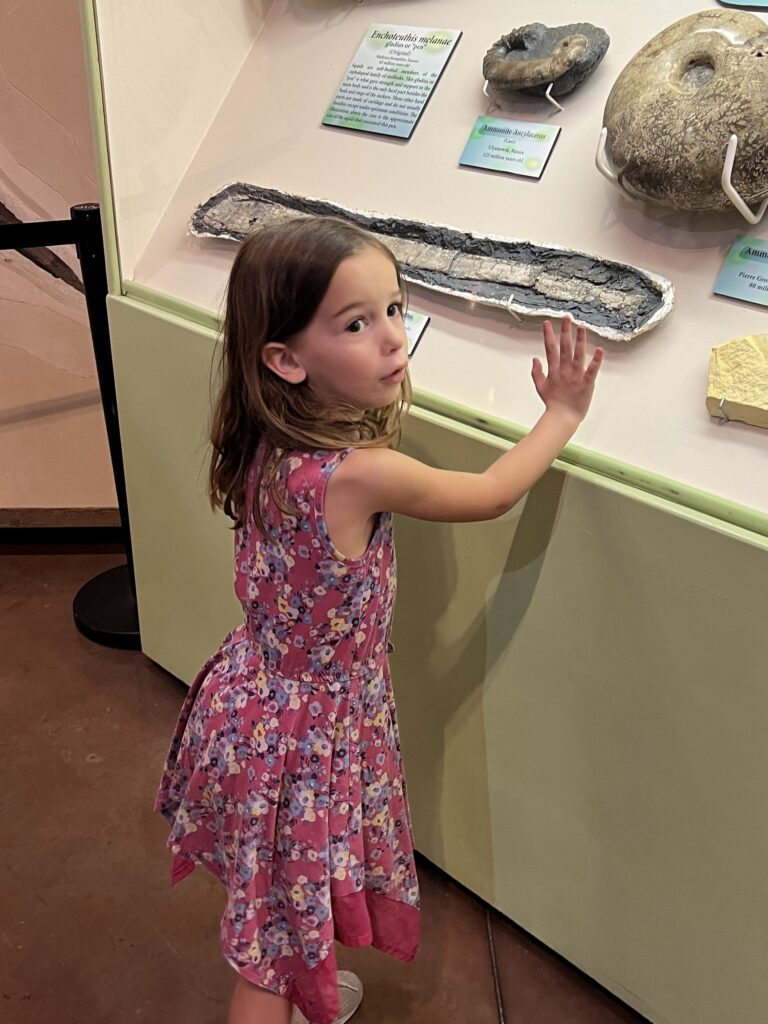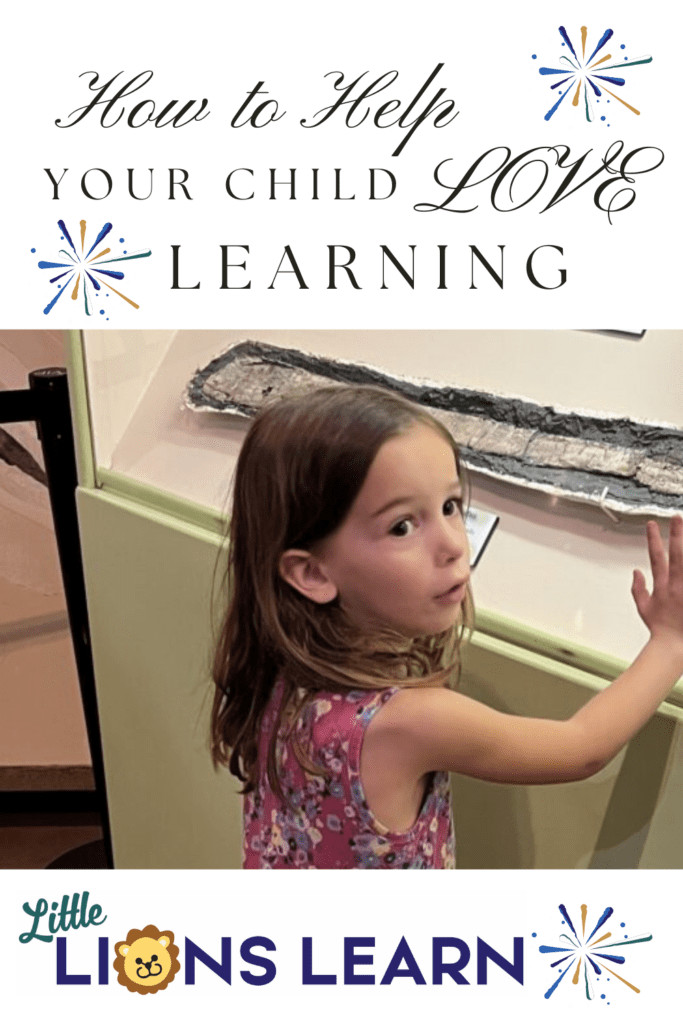
Parents want the best for their children. They want them to succeed, they want them to be happy, they want them to grow and thrive and learn. Unfortunately, many parents expect that their children are going to hate school and teaching them will be a struggle. It isn’t uncommon, and for families that are new to homeschooling it can seem especially intimidating. It doesn’t have to be that way. In fact, there are a number of things that you can do to help your child love learning!
Create an atmosphere of learning in your home
This means, creating a space where learning is a natural and organic part of life. Books, blocks, art supplies, other toys and activities that require the use of creativity and imagination are a great way to help your child love learning. My children love building forts in the house. It’s also highly beneficial to give children lots of time to play and explore outside and to be bored. Limit screen time. Because, children in their early years learn primarily through play! So, giving them lots of opportunities to explore, create, manipulate their environments, and test their limits in the early years will help them to be more curious and confident in their abilities going forward. Fostering an environment of adventure and an enthusiasm for learning in the early years will help your child love learning as they get older.
Visit new places as often as possible
This can look like visiting new parks, frequenting museums, going to the library, hiking, and more! The more different experiences a child has, the more aware they are of the size and variety in the world. Visiting new places exposes children to a wide range of people, items, ideas, and environments. This not only gives them awareness of what their interests may be, but also builds their confidence as they navigate their ever-changing environment.
Giving children the time and space to explore on their own will make this even more beneficial for them. It’s ok if they don’t make it through the whole exhibit in an afternoon or see everything in the park- allowing them to take in their surroundings and notice the details of it will help make it “their own” and make it memorable. As much as is safe and socially acceptable, let them take the lead from time to time during outings. Let them notice the insects, talk to the people, and climb on the rocks. Everything they do teaches them something.
Read lots of books
There are countless benefits to reading books together. Besides, increasing vocabulary and making the process of reading easier to learn when the time comes, reading together also creates positive memories. Positive memories and an overall positive attitude toward reading makes the prospect of learning to read much more appealing.
If children see their parents reading and enjoying books, they often learn to value them as well. It is a great activity to mutually enjoy, and these positive emotions toward reading in turn make the learning process more pleasurable and exciting. This is a practical way to help your child love learning.
Give your child some ownership of their education
It’s easy as parents to feel the burden of our responsibility in raising our children. It is not uncommon for the fear of missing something to turn into “white knuckle parenting”- where parents hold on so tight and try to control things so much that there is little room for independent discovery.
Studies show that a child who is curious about the subject matter not only retain information better, but their brain engages a sort of chemical reward system when they learn about what they want to know. This means, that a child who is allowed to be curious and explore their interests will continue to seek out new material to learn about to continue receiving that “rush.” This natural reward system is a powerful tool, and if children are trained to be curious about the world around them, they will continually be driven to continue learning.
Rather than controlling every aspect of your child’s curriculum and schedule, allow them to have some input into the material or the order of things. Ultimately, the parent has the final say in what works and what doesn’t, but a child who is able to decide some elements of their curriculum will be a much more eager learner.
Conclusion:
You can help your child love learning in a number of different ways. Ultimately, it comes down to positioning yourself- not only as the parent, but also as a companion to explore the world with. Give them to space to find their passions and to share those interests with you. By letting go of some control of the education process, parents can help propel their children’s education forward with less effort. As an added bonus, it creates stronger relationships, as well.

